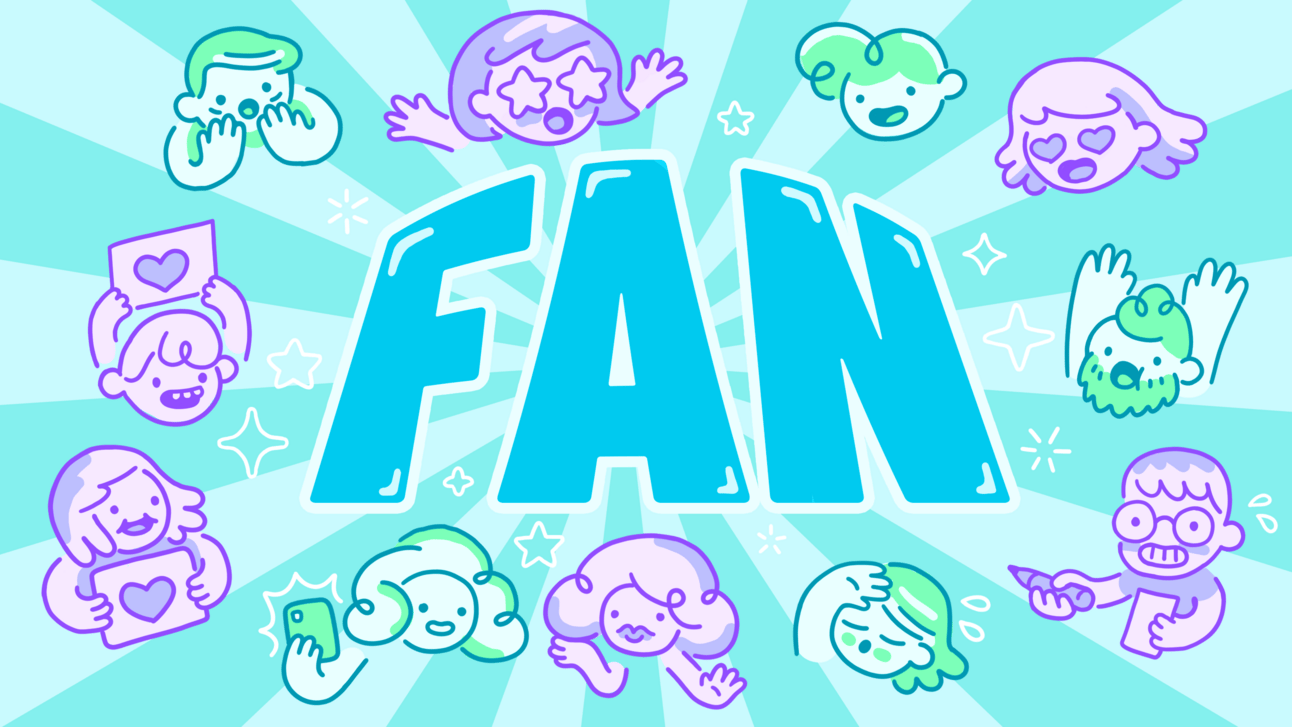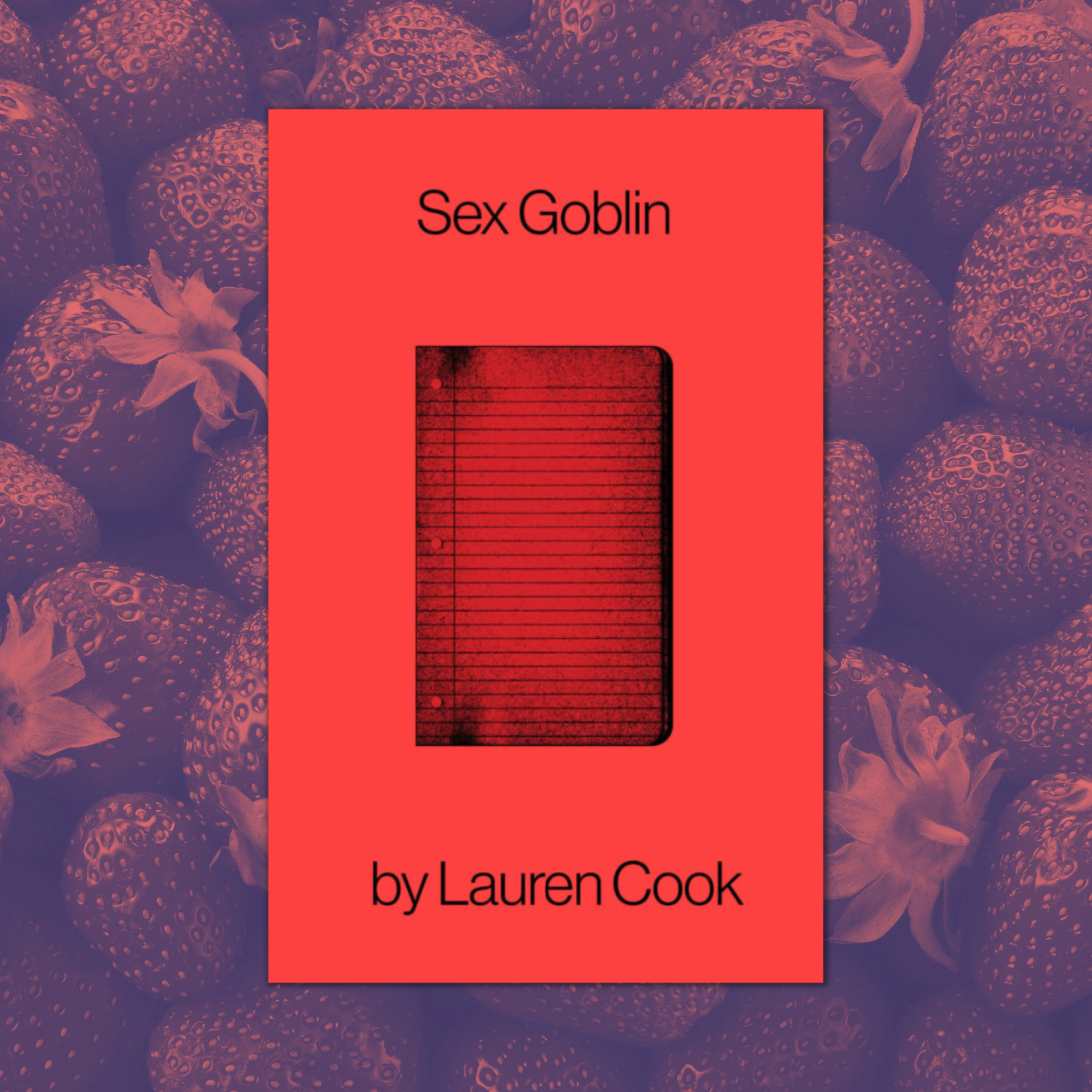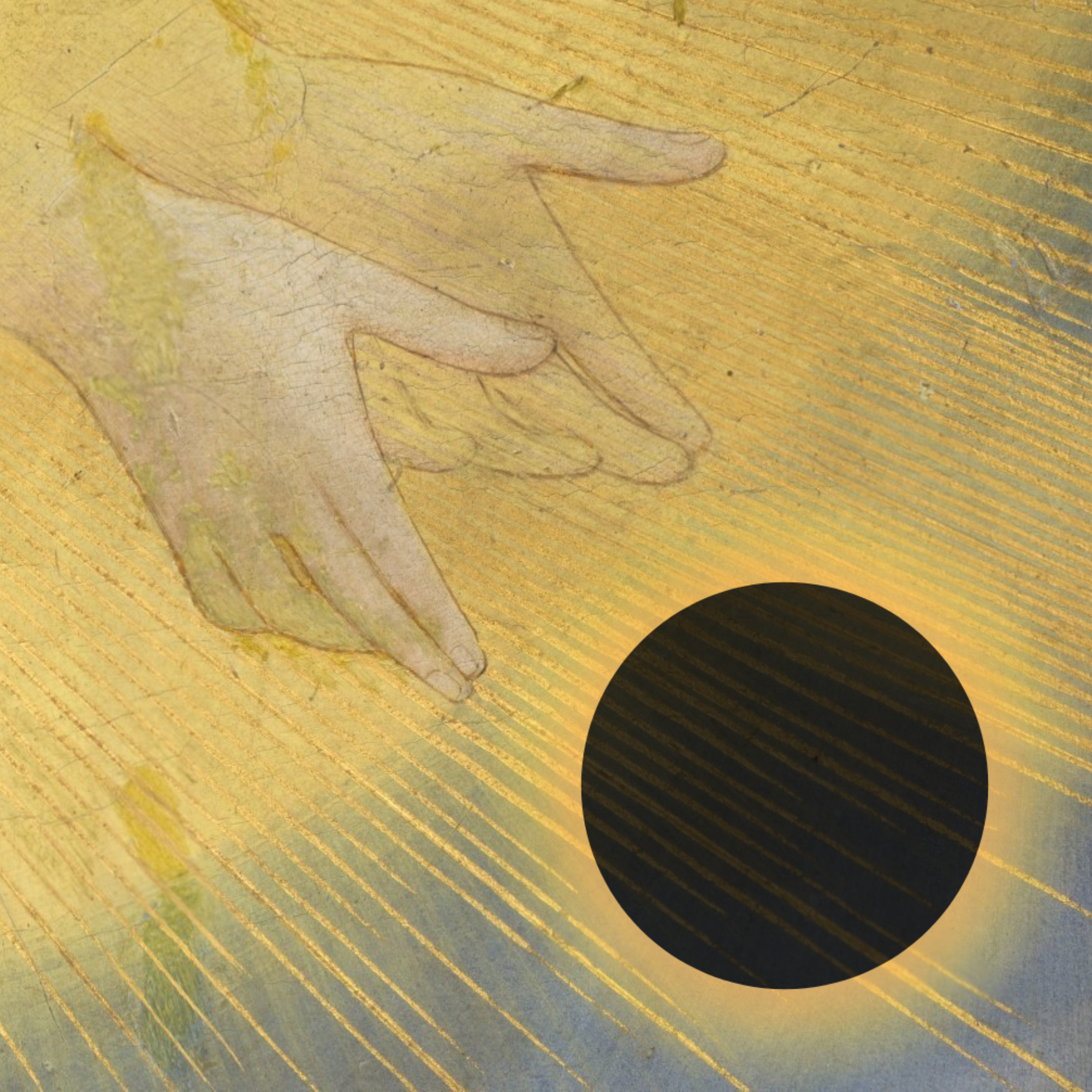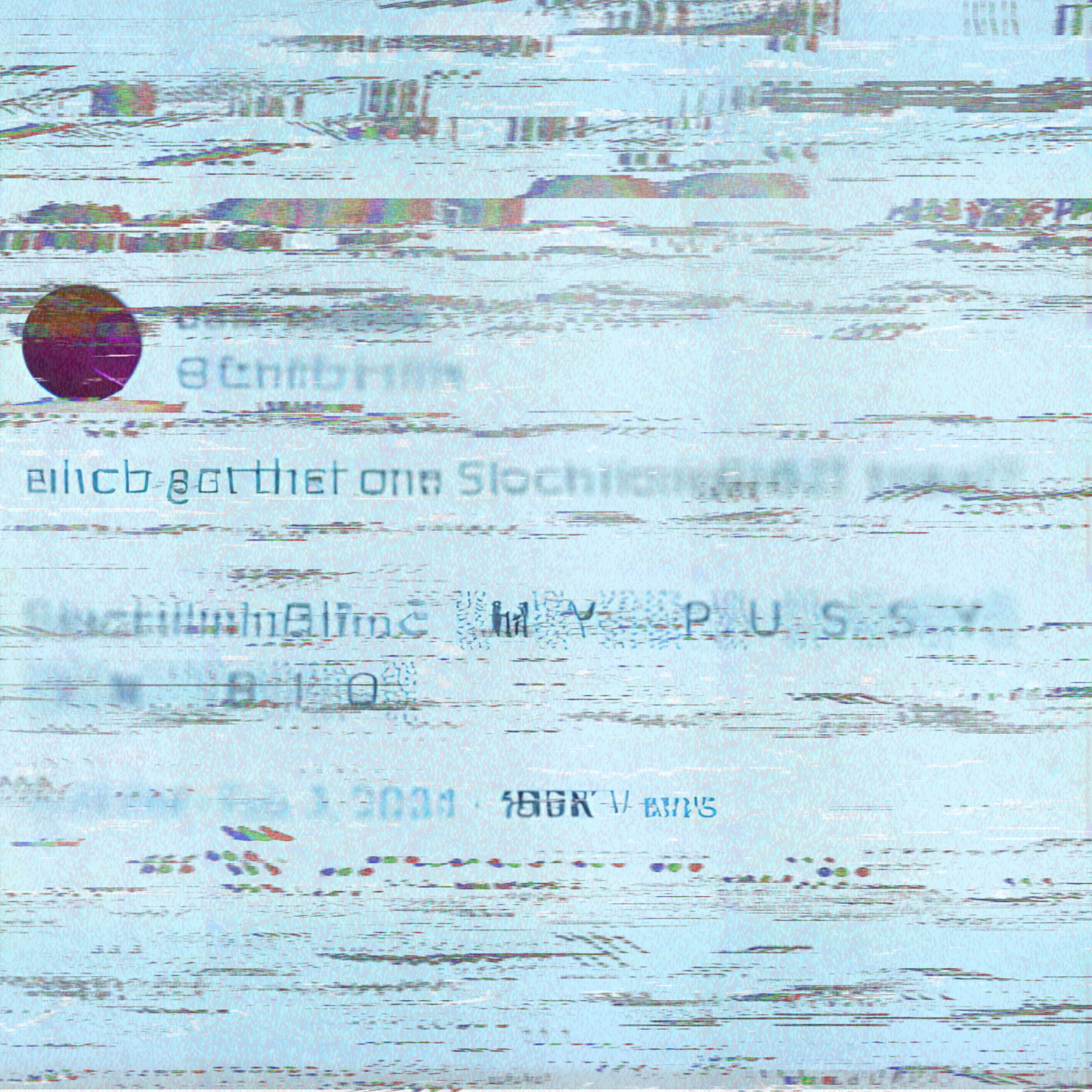- Magazine Dirt
- Posts
- Nigeria has a bookshop problem
Nigeria has a bookshop problem
Thrift fills the gaps.

Illustration by Kyle Knapp
FAN is Dirt’s column about the way fandom touches every sector of our culture. We’ve previously covered Kosovo pop, Costco and Moomins.
This season of FAN is supported by Base.

Chidinma Iwu on Nigeria's influx of open-air markets and thrift booksellers.
Book culture in Nigeria has evolved to be a culmination of many unconventional experiences. These do not explicitly include being within an inch of a traditional bookstore or library, but very often start at an array of smaller book kiosks, in an open space where used books are sprawled over the floor and on mats and large tables, as invitations to any bibliophiles who want quality for a small fee.
On a Saturday morning in Lagos, if you saunter to Ojuelegba’s underbridge area, you'll be greeted by an assembly of stalls that showcase out-of-print editions of foreign books, original copies of Nigerian stories, and many collections of tales told to children by moonlight. In Port-Harcourt, South of the country, the Mile One market at the heart of the city is a warm host to the bookworms who'll often gather at its entrance to haggle prices and discuss what genres are coming in the next week. In Ariaria, Nigeria's largest Southeastern market, is a secluded cluster of outwardly unattractive bookshops—some lacking paint and others, corridors—that is, until you step in to be wowed by the many vintage paperbacks and original Americanah copies on sale.
This system of acquiring books has become the permanent solution for the harrowing unavailability of the traditional functions of bookstores in Nigeria. Bibliophiles swear by its cost-friendliness and the capacious availability of various book genres. “Thrift book shopping is the cheapest form of buying books, yes, but that's not all,” Deborah Pepple, a book blogger and seller tells me. “I can’t get over the treasure-hunting thrill it gives me. It’ll open you to a range of books that are typically hard to find—rare in typical bookstores—but you'll get them for a small fee in these thrift markets by the roadside, a garage, or in warehouses.”
Over the past 25 years since the fall of the naira, a time period that marks the era of Gen Z, these markets have de-stratified book accessibility. Of the younger Nigerian bookworms I spoke to, many of their earliest encounters with books were through the allure of thrift book markets, existing when bookstores failed to stock up on new books and defying the odds of importation costs. Tiana Osuoha, who has built a mini library from thrifting books, told me that she never really knew any traditional bookstores since her childhood. Thrift book markets were the standard.
Over the past 25 years since the fall of the naira, a time period that marks the era of Gen Z, these markets have de-stratified book accessibility.
In the 1970s, 80s, and early 90s, Nigeria's local bookshops—alongside university bookshops—drove the country's literary scene. But when the economy began to fluctuate and plummet during the 90s and early 2000s, so did publishing, importation, and distribution. What is worse is that no structure and active measure put in place to combat their downward spiral has been successful: not Koko Kolango's Get Nigeria Reading Again movement and not former President Jonathan's Bring Back The Book campaign.
Now, Nigeria barely has any bookstores. Cassava Republic, a forward-thinking publishing company that has amassed substantial success over the past decade, with offices in the US and UK, has 33 bookstores across 10 states in Nigeria where its books can be bought. Eleven of the 33 are based in Nigeria's most industrialized city, Lagos. There may not be enough reported figures to accurately represent the total number of bookstores in the country (thanks to Nigeria's at-large data problem), but the publisher's poor representation is a testimonial to the dearth of bookshops in a country of over 200 million people. In contrast, South Africa, which is about a quarter of Nigeria's population, lists 1600 book shops across its states.

ICYMI
|
|
|
|
|




